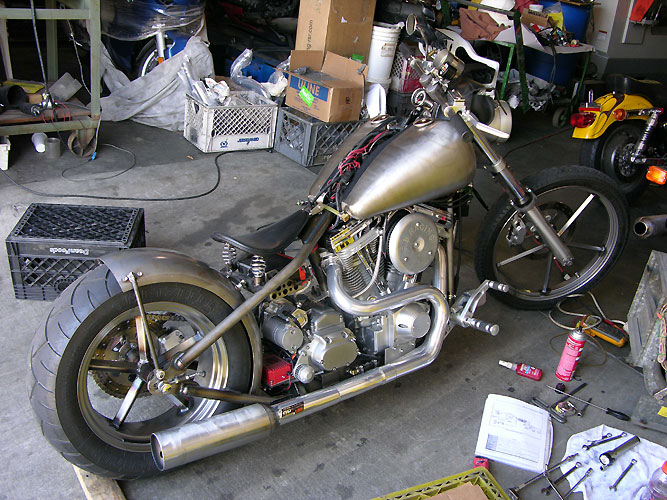MagicEngine (MAGIC-ENGINE) is a video game emulator from France, designed for NEC‘s PC-Engine (AKA: TurboGrafx-16) game console – the first console has CD games, which can almost emulate the PC-Engine/TurboGrafx-16 most perfectly.
The evolution of the Ubisoft logo. The initial logo was created on the company's founding in 1986. With publication of Rayman, the company used the rainbow shape to show their shift from distributor to publisher in 1995. The blue 'swirl' was introduced in 2003 with the rebranding from 'Ubi Soft' to 'Ubisoft' as to represent a more mature company, alongside their acquisition of the Tom Clancy license. The minimalistic swirl was introduced in 2017, designed to appear as windows into their game worlds while retaining a grain de folie (touch of madness). On 9 September 2003, Ubi Soft announced that they would change their name to simply Ubisoft, and introduced a new logo known as 'the swirl'.
In December 2004, rival gaming corporation purchased a 19.9% stake in the firm. Ubisoft referred to the purchase as 'hostile' on EA's part. Ubisoft's brothers recognised they had not considered themselves within a competitive market, and employees had feared that an EA takeover would drastically alter the environment within Ubisoft. EA's CEO at the time,, assured Ubisoft the purchase was not meant as a hostile manoeuvre, and EA ended up selling the shares in 2010. Ubisoft established another new IP,, first launched in 2007; Assassin's Creed was originally developed by Ubisoft Montreal as a sequel to Prince of Persia: The Sands of Time but instead transitioned to a story about and the.

In July 2006, Ubisoft bought the franchise from for a sum of €19 million in cash for the franchise, technology rights, and most assets. In July 2008, Ubisoft made the acquisition of, a -based studio renowned for its expertise in the creation of visual effects for cinema, television and advertising. In November 2008, Ubisoft acquired from. In January 2013, Ubisoft acquired from for $3.265 million.
Ubisoft announced plans in 2013 to invest $373 million into its Quebec operations over seven years, a move that is expected to generate 500 additional jobs in the province. The publisher is investing in the expansion of its motion capture technologies, and consolidating its online games operations and infrastructure in Montreal. Adobe photoshop cs3 crack keygen autocad 2018.
By 2020, the company will employ more than 3,500 staff at its studios in Montreal and Quebec City. In March 2015, the company set up a Consumer Relationship Centre in. Proekt seti metro ethernet diplom download.
The centre is intended to integrate consumer support teams and community managers. Consumer Support and Community Management teams at the CRC are operational seven days a week.
Attempted takeover by Vivendi (2015–2018) Since around 2015, the French company has been seeking to expand its media properties through acquisitions and other business deals. In addition to advertising firm, Ubisoft was one of the first target properties identified by Vivendi, which as of September 2017 has an estimated valuation of $6.4 billion.
Vivendi, in two separate actions during October 2015, bought shares in Ubisoft stock, giving them a 10.4% stake in Ubisoft, an action that Yves Guillemot considered 'unwelcome' and feared a. In a presentation during the, Yves Guillemot stressed the importance that Ubisoft remain an independent company to maintain its creative freedom. Vice-President of Live Operations, Anne Blondel-Jouin, expressed similar sentiment in an interview with, stating that Ubisoft's success was (partly) due to '.being super independent, being very autonomous.'

Vivendi also acquired stake in mobile game publisher, also owned by the Guillemots, at the same time it started acquiring Ubisoft shares. In the following February, Vivendi acquired €500 million worth of shares in Gameloft, gaining more than 30% of the shares and requiring the company under French law to make a public; this action enabled Vivendi to complete the hostile takeover of Gameloft by June 2016. Following Vivendi's actions with Gameloft in February 2016, the Guillemots asked for more Canadian investors in the following February to fend off a similar Vivendi takeover; by this point, Vivendi had increased their share in Ubisoft to 15%, exceeding the estimated 9% that the Guillemots owned. By mid-June 2016, Vivendi had increased its shares to 20.1%, but denied it was in the process of a takeover. By the time of Ubisoft's annual board meeting in September 2016, Vivendi has gained 23% of the shares, while Guillemots were able to increase their voting share to 20%. A request was made at the board meeting to place Vivendi representatives on Ubisoft's board, given the size of their share holdings. The Guillemots argued strongly against this, reiterating that Vivendi should be seen as a competitor, and succeeded in swaying other voting members to deny any board seats to Vivendi.